Licking red-hot metal is a common test of a person’s honesty
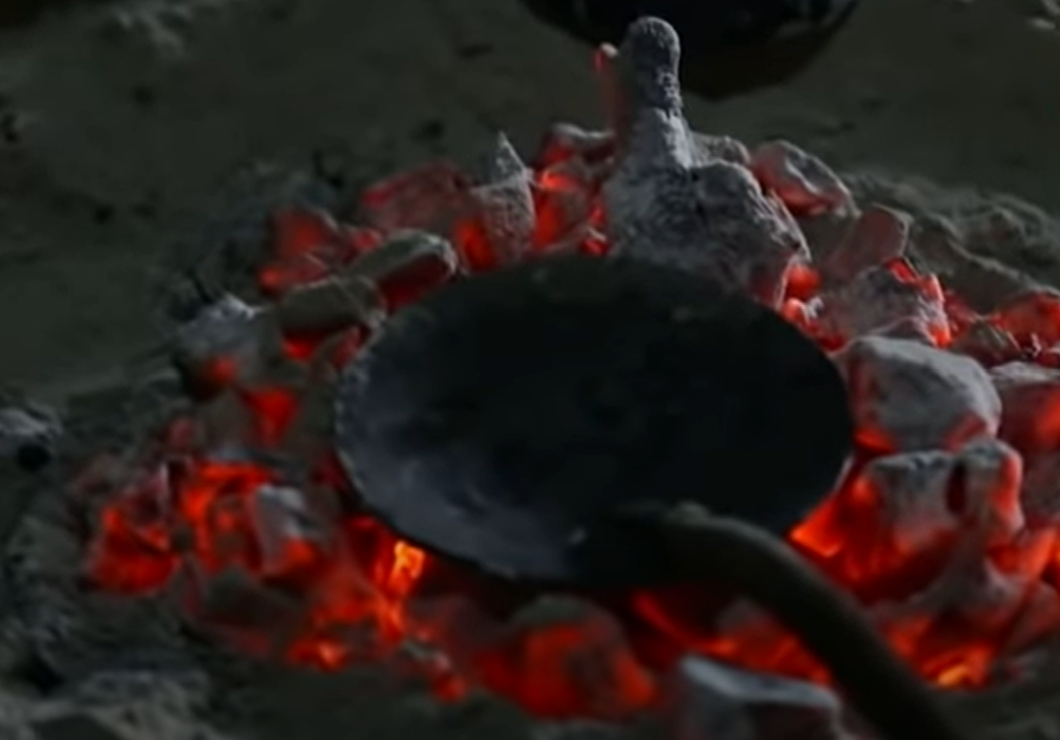
Some Bedouin tribes, who have their own judiciary systems, still practise a ritual known as Bisha’a, or trial by fire. In certain serious cases, to test a person’s honesty, they are asked to lick a ladle or another metal object that has been heated in a fire. After three licks, if the person’s tongue has not been burned or scarred, it is declared that they have been truthful in the trial.
Nose-rubbing is a common greeting
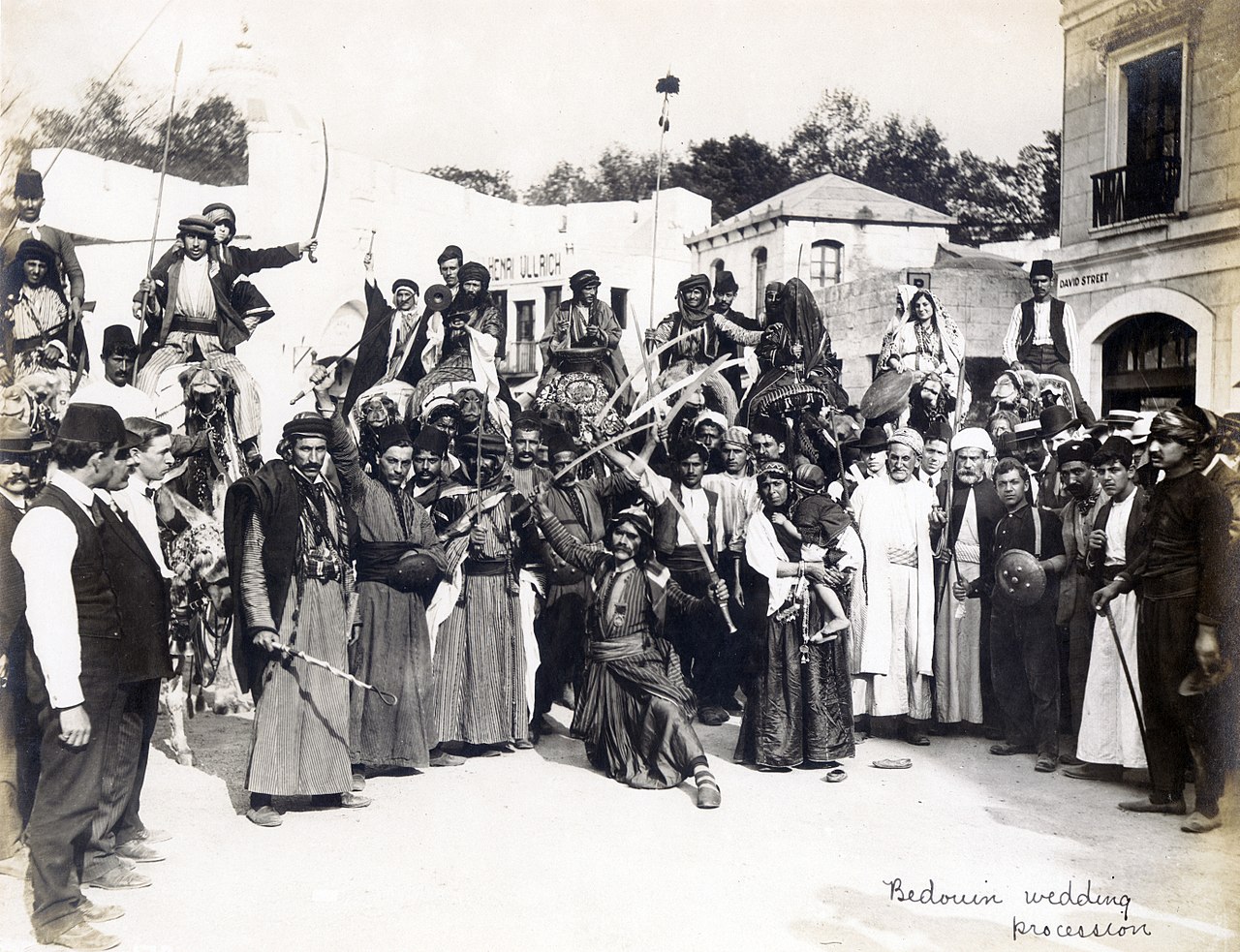
In some Bedouin societies, one common greeting between male peers is nose-rubbing – a practice that has been preserved in modern urban life too. “Rubbing noses is a Bedouin greeting that is known among the people of this region [the UAE],” one journalist has explained. “It is almost a tribal way of greeting that represents the values of respect, pride and Bedouinism. Because the nose is in the centre of the face it is a valuable symbol, so this is the place where you greet someone with respect.”
Guests are greeted with freshly-slaughtered meat
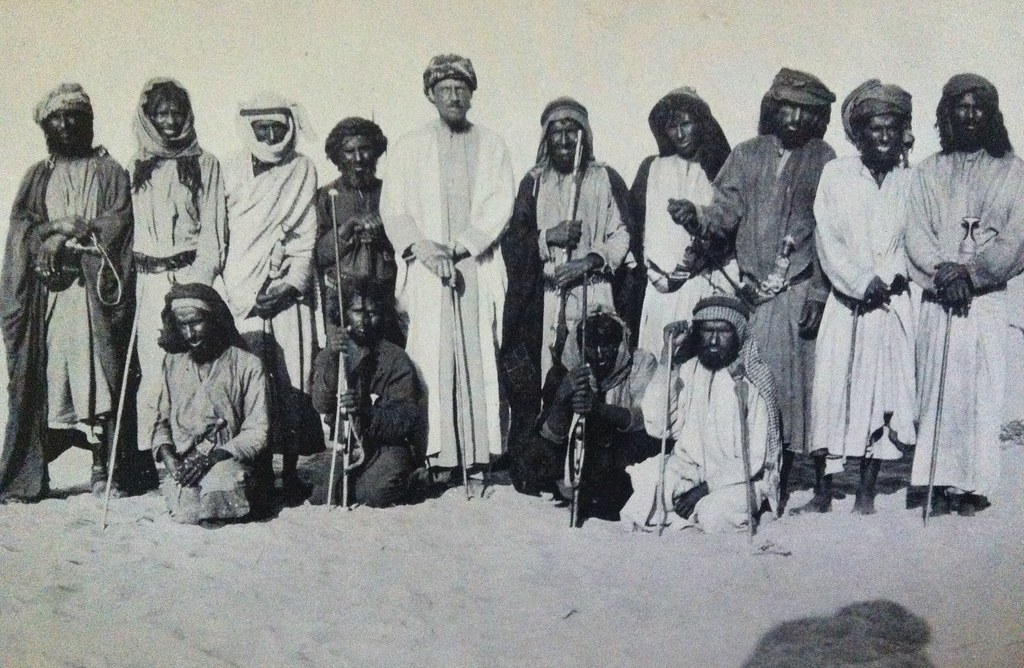
The Rashaida tribe are renowned for their hospitality practices, which are ritualistic in nature. According to tradition, when a guest arrives, the Rashaida greet them in their tents; serve water, tea and then coffee; slaughter an animal for eating and present the knife to the guest; and the animal’s meat is cooked into broth and served. Once this has been eaten, cooked grain is served, and then the guest can express their gratitude before departing.
A favourite dish is meat that’s been buried in sand
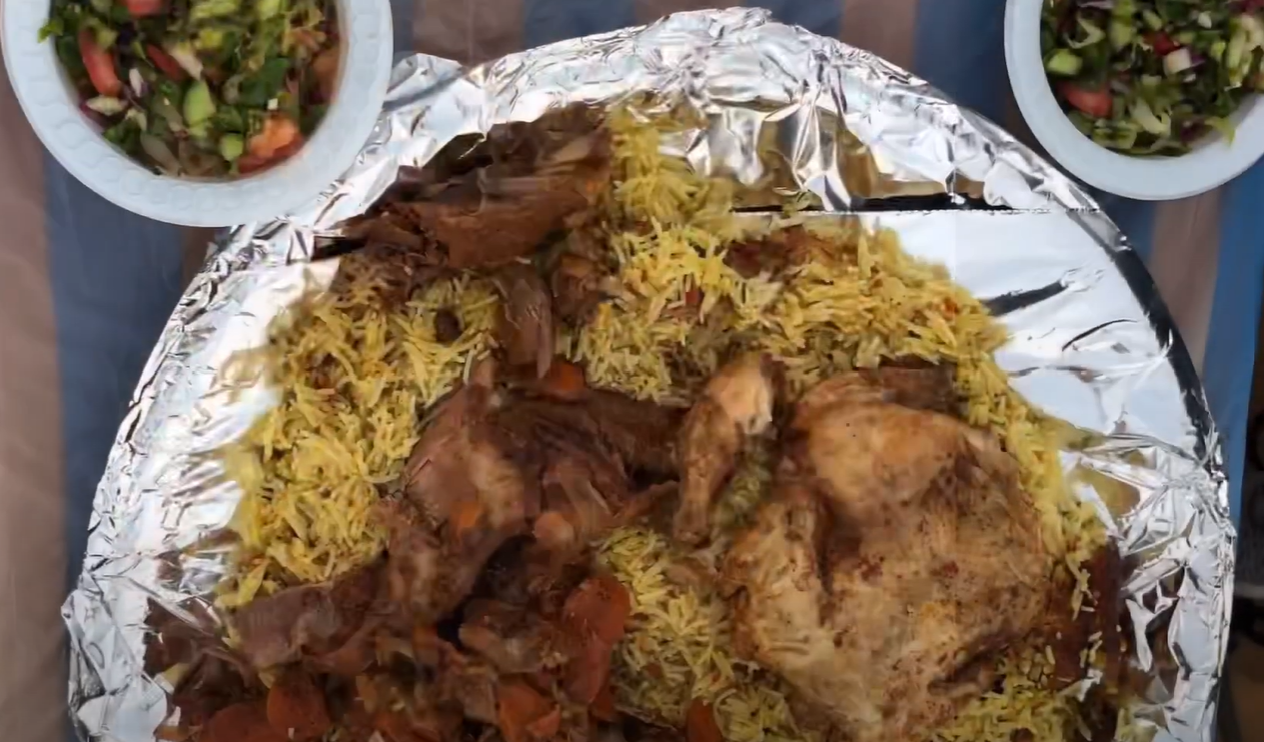
Among the many delicious Bedouin dishes is Madfoon. To make this dish, marinated meat is placed in a deep hole in the desert sand, covered with smouldering charcoal, buried and then left to cook for several hours. The final dish is served with rice. Bedouin people perfected this technique in the absence of traditional ovens. It also helped to keep food safe from wild animals.
Their falcon-breeding industry is worth a fortune
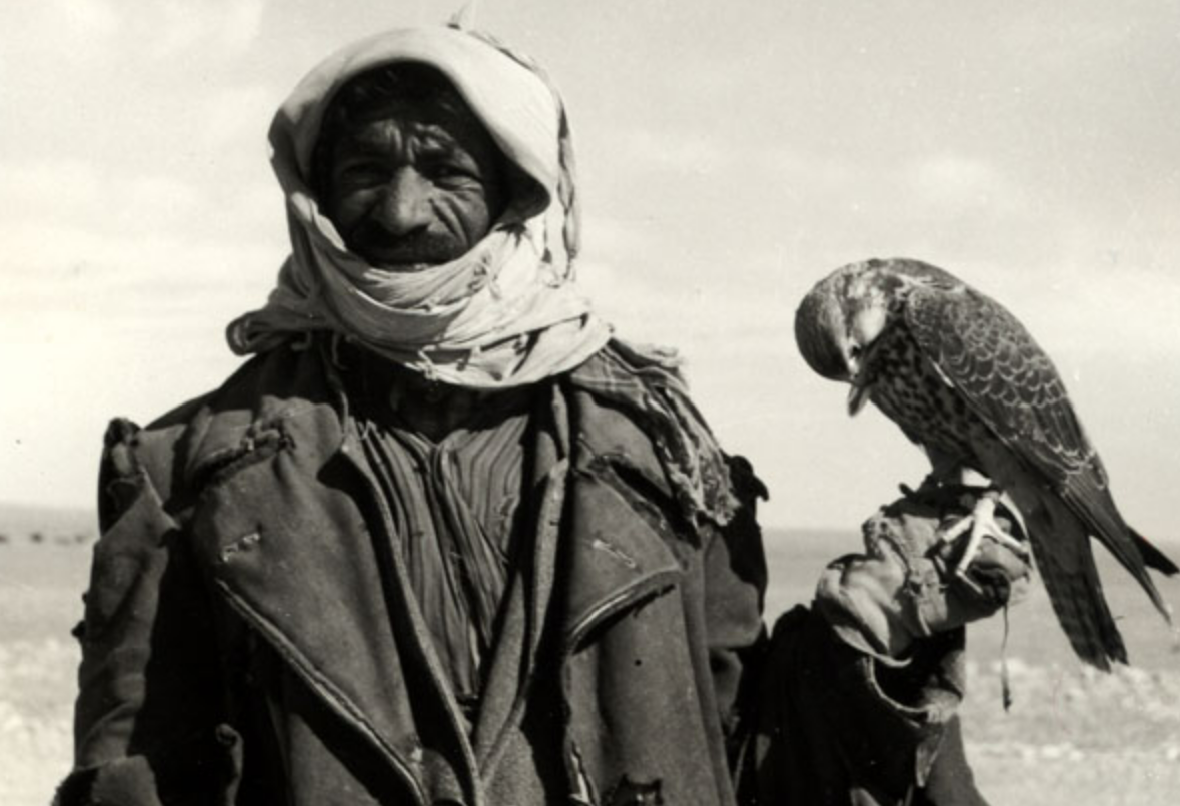
Raising and keeping falcons is an age-old Bedouin tradition, which many Arabic people are preserving to this day. Falcons must be trained at the age of one year and will live for over two decades, with some individual birds selling for $150,000. “A challenge is to have three generations of falconers,” one expert, Malika Mohamed Al Shraim, has commented. “Most young people today have no interest in falconry. Although my father had a falcon when I was growing up, I didn’t pay any attention to the bird or the sport. We are actively trying to change that mindset.”
Newlywed brides spend a week shunning the sun

The Rashaida tribe hosts some of the most spectacular wedding celebrations, with a week-long party filled with dancing and drumming. The festivities can even include camel racing. However, in line with tradition, the bride is not allowed to socialize with the wedding guests during the daylight hours. On day seven, the bride and groom meet in daylight to start their lives together. She wears an ornate wedding veil for the following year.
Their tents are made of knitted goat hair
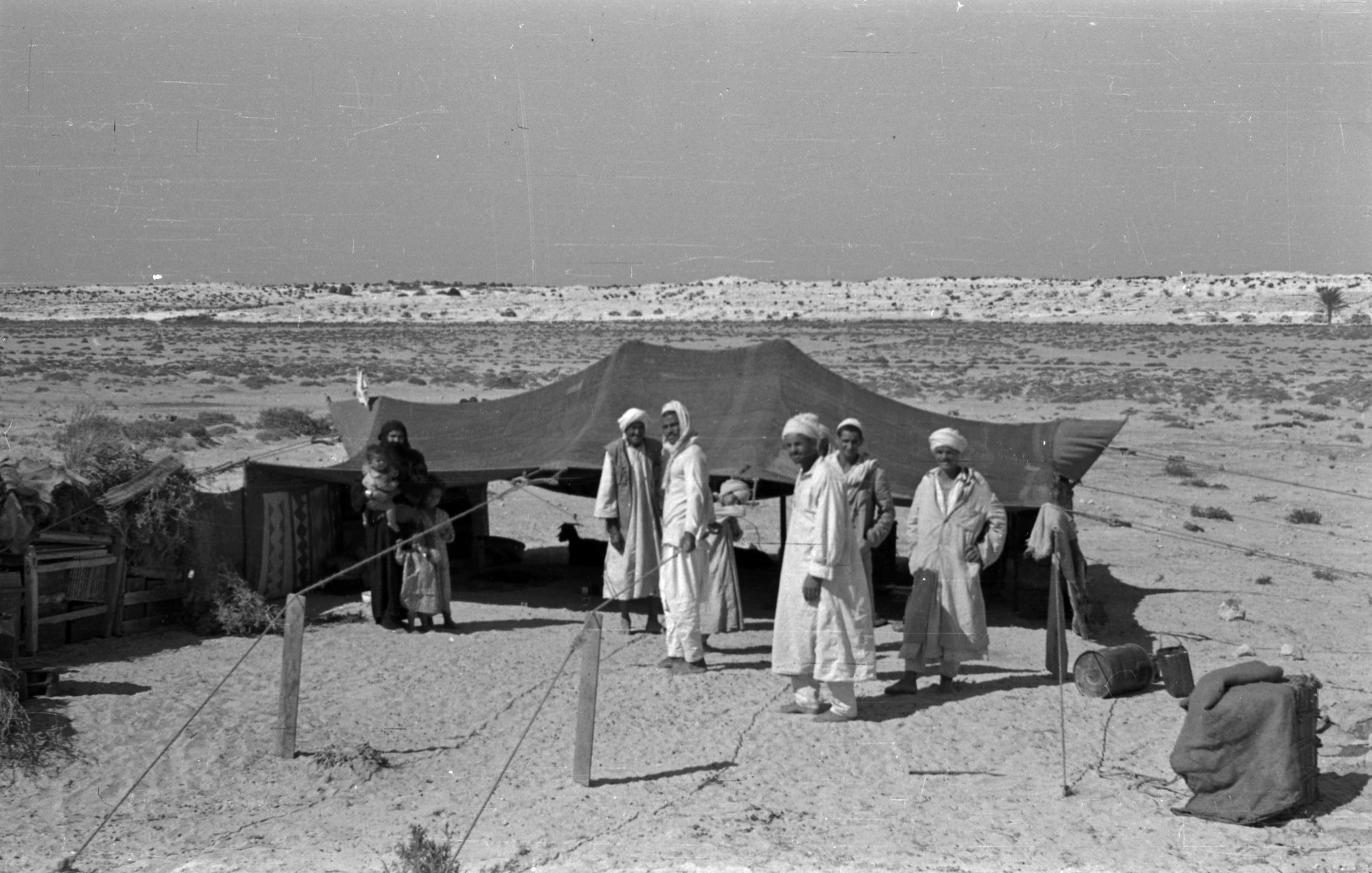
Bedouin families live together in tents, which are knitted from the black hair of goats or camels. This material is dark enough to absorb heat and keep the tent warm throughout the night. Famously, Libya’s Muammar Gaddafi – who was raised in a nomadic tribe – took a bulletproof Bedouin tent on his international visits. It was so heavy that it had to be transported in a separate plane.
Car batteries power their televisions in the desert
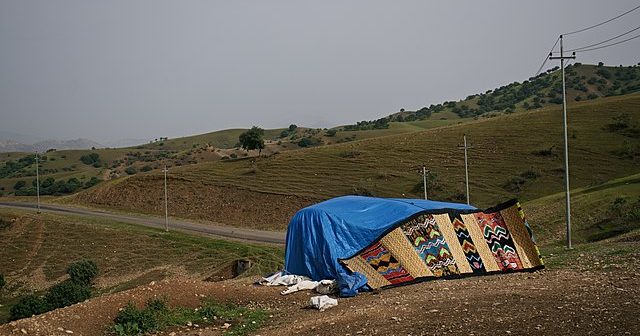
Modern amenities have entered the Bedouin world since the mid-1900s, with one journalist writing in 1989: “Most of the Bedouins I knew well have become comfortable with radios and tape recorders and increasingly familiar with television.” Out in the desert, batteries – even car batteries – are used to power televisions. Satellite TV, mobile phones and ATM access have all become common among nomadic Bedouin people, who often travel in trucks and SUVs between camping sites.
Close relatives form a ‘bayt’
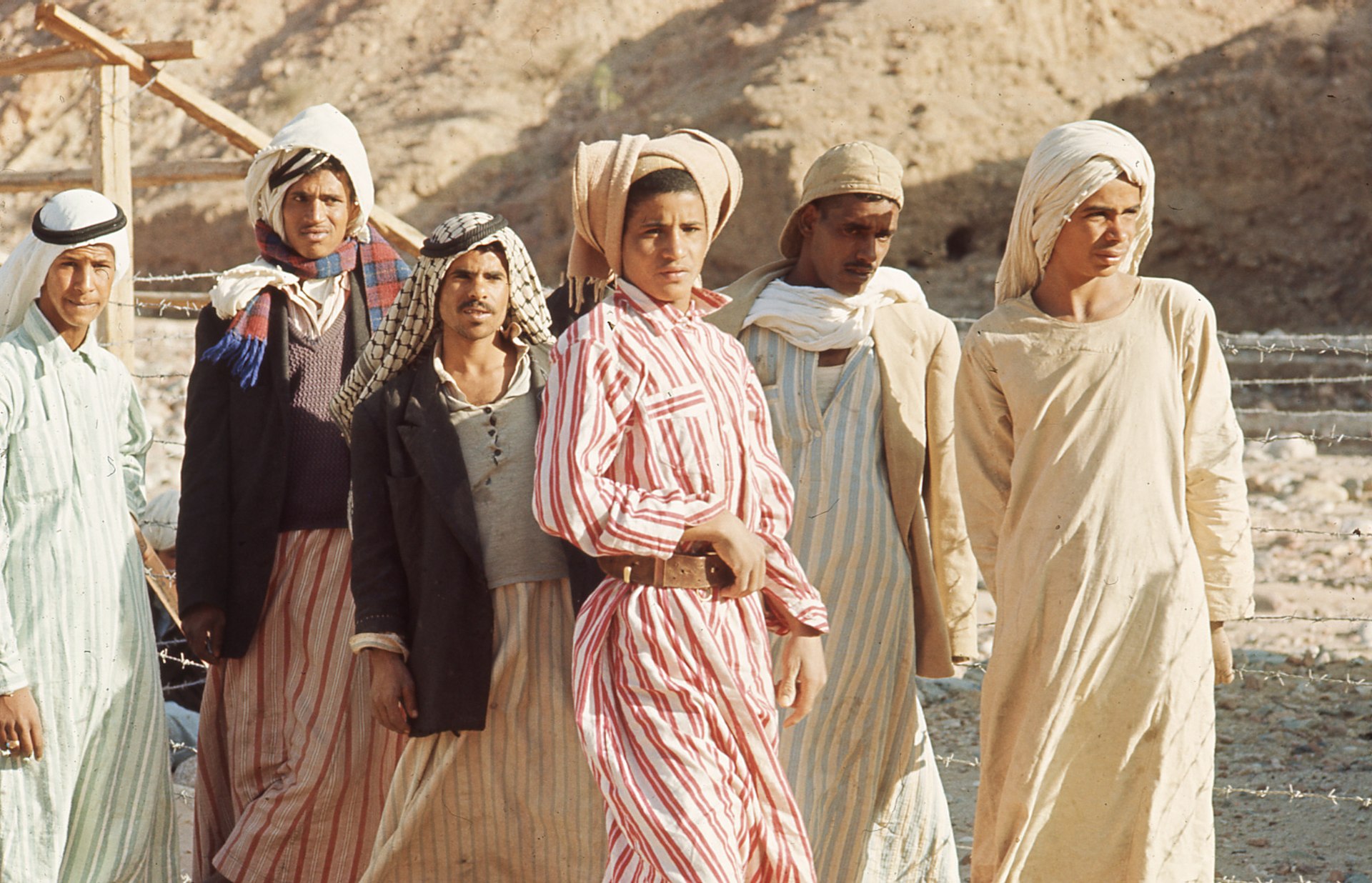
Although the members of each Bedouin tribe claim common ancestry, the family loyalties within each tribe are extremely powerful, both socially and judicially. A common Bedouin saying translates to: “I am against my brother, my brother and I are against my cousin, my cousin and I are against the stranger”. This means that your most important loyalties are to your very closest relatives, with whom you might form a ‘bayt’ (a small nomadic family residing in tents).
Loose black robes are the traditional garb
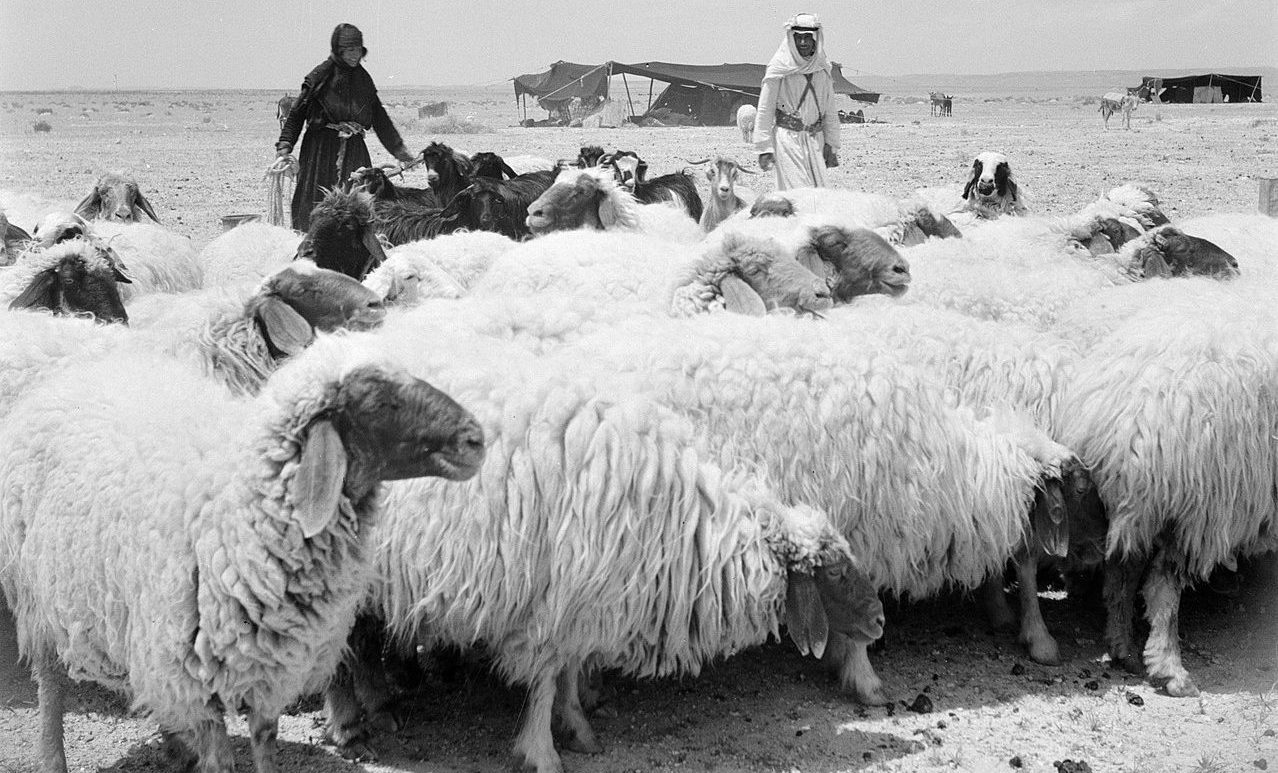
Many Bedouin people wear black robes, made from similar textiles as their black goat- or camel-hair tents. It is widely reported that black robes help to keep the body cool in the desert sun. However, in 1980, four scientists ran an experiment to see if black robes really did work in the desert heat – and found that the colour of the robes made no difference to how overheated the test subjects became. Instead, they concluded that the robes’ shape was what kept the wearer cool, with the flowing garments allowing the body to cool by convection between the fabric and skin.